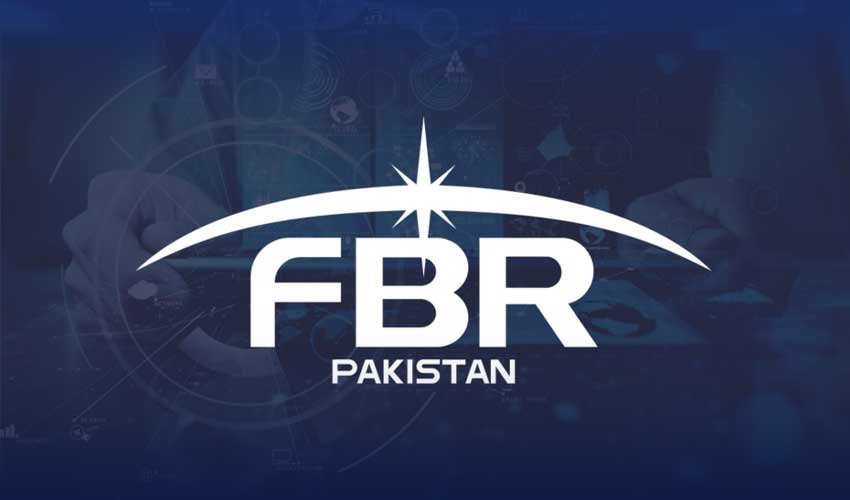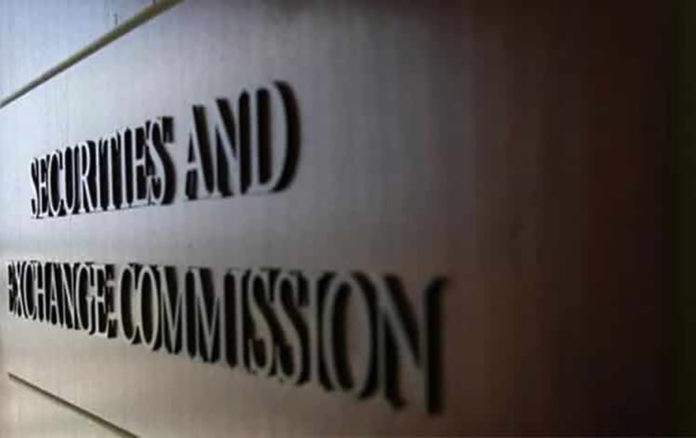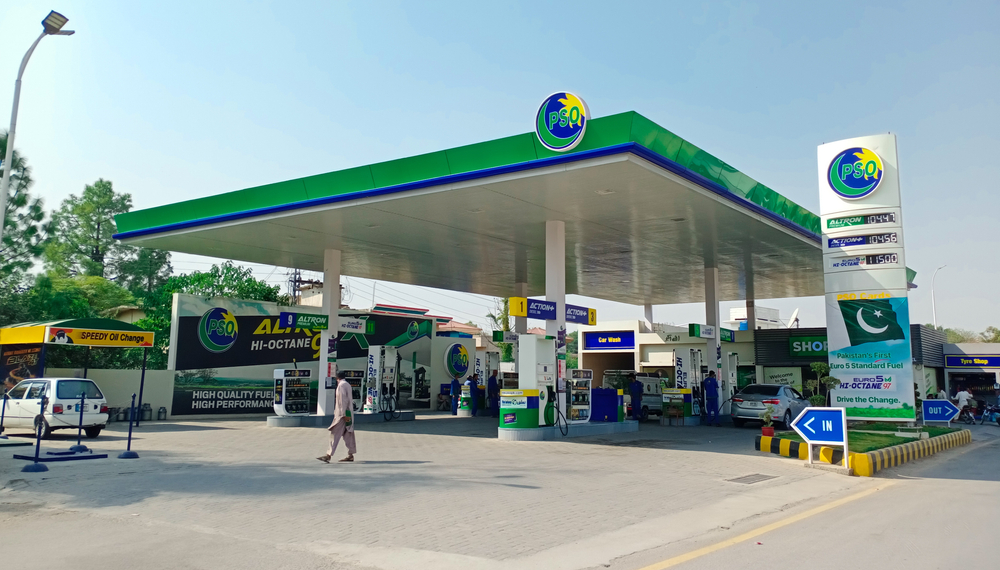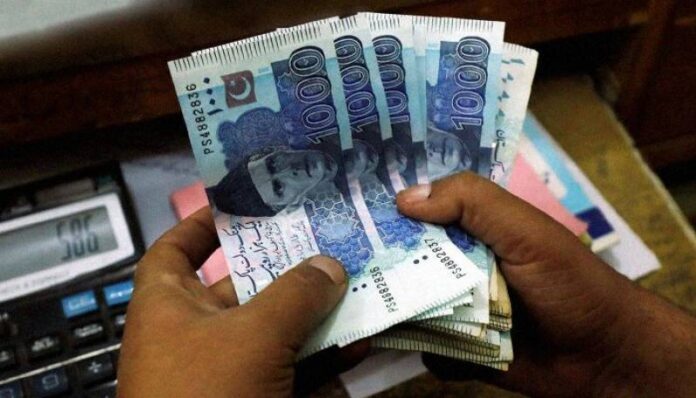
The World Bank has raised concerns about significant risks associated with its twenty billion dollar Country Partnership Framework for Pakistan, which spans the next decade. The framework aims to support long-term development but faces challenges from political uncertainty, governance issues, and macroeconomic instability.
Political risks are a major concern, as frequent changes in government and short political cycles disrupt the continuity of reforms. Policy reversals, fiscal decisions like energy subsidies, and weak coordination between federal and provincial governments are highlighted as key obstacles.
Macroeconomic challenges include large external financing needs, a heavy debt burden, and declining investor confidence. External shocks such as global price volatility and climate disasters add to the countryís economic challenges. While the government has initiated structural reforms, resistance to their implementation may hinder progress.
Fiduciary risks persist due to inefficiencies in public procurement, weak institutional capacity, and corruption concerns. The World Bank emphasizes the importance of digitizing financial systems, modernizing procurement frameworks, and strengthening governance to address these issues.
Critical sectors such as infrastructure and export-oriented industries face challenges from shifting priorities, capacity shortages, and limited financing. The framework plans to support these areas through technical assistance and enhanced policy dialogue.
Underdeveloped regions like Khyber Pakhtunkhwa and Balochistan are a particular focus of the framework. Infrastructure and social development projects in these areas face risks from instability and inadequate institutional capacity. A risk and resilience assessment will be conducted during the first year of the framework to address these challenges.
The World Bank emphasizes the need for strategic and consistent programming, better coordination across government levels, and alignment with national and regional priorities. It projects Pakistanís GDP growth to range from two point eight percent in fiscal year twenty twenty-five to three point eight percent by fiscal year twenty twenty-nine. This contrasts with the governmentís Uraan Pakistan plan, which targets growth exceeding six percent over five years, highlighting the importance of sustainable reforms and economic stability.
Environmental and social risks have also been identified, particularly in infrastructure projects requiring resettlement and stakeholder engagement. The World Bank stresses the importance of effective grievance mechanisms and community involvement to mitigate these risks.
The framework includes flexibility with two-year rolling business plans, allowing adjustments based on evolving circumstances. The World Bankís approach focuses on achieving fewer, highly targeted outcomes while fostering long-term development partnerships.


.png)



.jpg)
.jpg)


This website has been developed with good faith to create facilities for the people.Your ID Password and access to our website is for a specific period or temporary, it may be suspended at any time without telling any reason.Your ID Password or access does not create any your rights or liability onto owner of the website.
Office # 3-6, Ground Floor Idrees Chamber ,Talpur Road Karachi
info@taxhelplines.com.pk
+ 92 314-4062161
021-32462161
+ 92 305-2561915